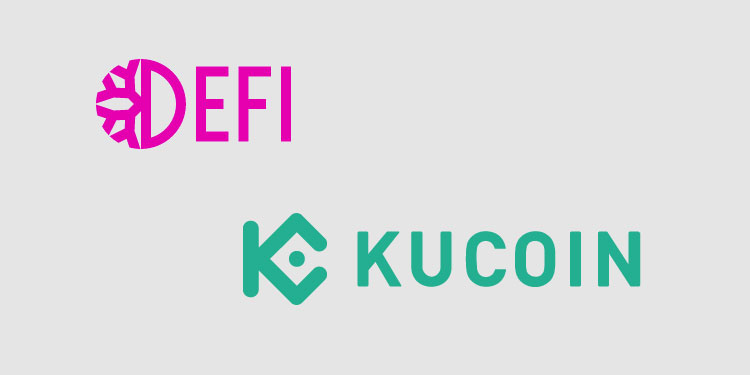DeFiChain, a DeFi platform for the Bitcoin ecosystem, today announced that staking rewards for its native token DFI is launching on KuCoin, a leading cryptocurrency exchange company.
All DFI staking on KuCoin will be made available in the Pool-X platform, which offers customers the flexibility to add and stake their DFI in the pool, as well as withdraw at any time they see fit.
“We are delighted to provide our customers with the opportunity to earn rewards on their DFI assets. It provides a simple, accessible, and straightforward way for them to increase their crypto wealth and forms part of our commitment to make crypto more accessible to all,” added a representative of KuCoin.
The staked DFI will be held on the KuCoin platform, utilizing the exchange’s in-house custody solution. When KuCoin stakes a digital asset, it is delegated by the exchange, meaning that the tokens remain in the platform’s control and are in the same manner as other tokens.
This month, the DeFiChain community voted for a DFI coin burn from Cake DeFi — a strategic partner to DeFiChain — to the value of approximately $500M, which subsequently led to a price increase of DFI.
On the coin burn, U-Zyn Chua, Lead Researcher and CTO of DeFiChain said, “This is a big step towards further decentralization of DeFiChain, which, along with the DeFiChain Pink Paper, brings us one step closer to our end goal. I trust that this will pave the way for us to have great on-chain governance towards fulfilling a secure, robust, and vibrant native DeFi blockchain that is owned collectively by its users.”
In addition to the coin burn, DeFiChain recently released its Q1 2021 Transparency Report and updated, live Pink Paper, outlining the latest developments and innovations expected to launch later this year.
Addressing the launch of DFI staking on KuCoin, Julian Hosp, Chairman of DeFiChain said, “With yields and returns on savings accounts across territories remaining in single digits and low figures, the staking of DFI offers users an alternative way to earn rewards on the digital assets held in their accounts.”






















